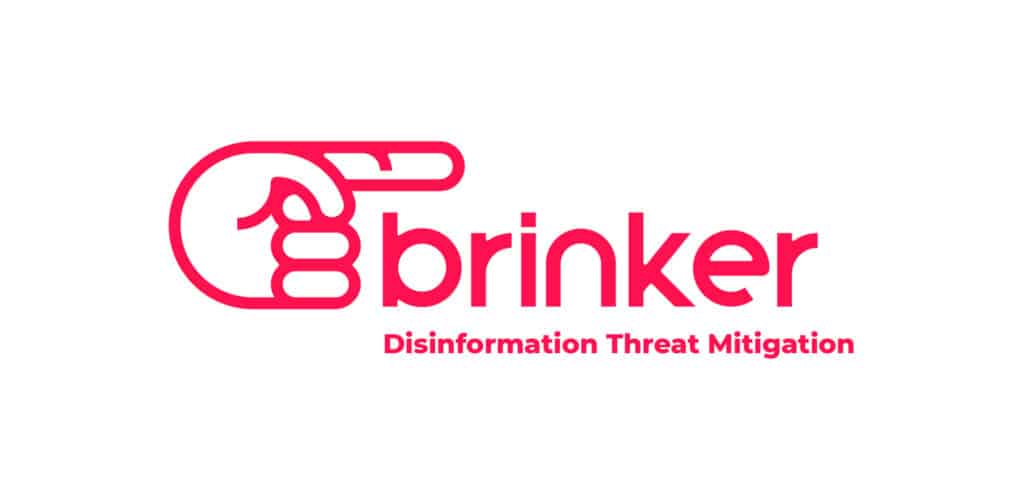With the New Year fast approaching, it’s (unofficially) ‘prediction season,’ when everyone worth their salt stares into the crystal ball and tries to imagine what the world will look like 12 months hence. To sort through our 2014 predictions, we called on Mark Stanislav, the chief Security Evangelist at Duo Security. Mark is a seasoned security researcher who has taken an interest in the security of the Internet of Things. Earlier this year, we wrote about research Mark did on the IZON Camera, an IP-enabled home surveillance camera that is sold by big-box retail stores like Best Buy, as well as by the Apple Store. Beneath the IZON’s polished exterior, the IZON was a mess of sloppy coding and poor security implementation, Stanislav discovered. Like many IoT devices, IZON cameras punted security to those responsible for the wireless network that it was deployed on – essentially trusting any connection from […]
Tag: Government
Obama Administration: Speak Up On Trusted ID Plans!
The Obama Administration is throwing its weight behind two federal efforts to increase the use of so-called “trusted identities” online as a way to combat consumer fraud and threats to critical infrastructure. Writing on the White House blog on Monday, Michael Daniel, the Obama Administration’s cyber security coordinator said that the current system for managing online identities (user IDs and passwords) is “hopelessly broken,” and that the stakes are getting ever higher for breaches. “While today it might be a social media website, tomorrow it could be your bank, health services providers, or even public utilities,” he wrote. Daniel said two federal initiatives aim to tip the scales in the direction of stronger and more secure online identities, but that more public engagement is needed to ensure that what is produced by those projects gets adopted. Specifically: Daniel highlighted two NIST-led efforts: the National Strategy for Trusted Identities in Cyberspace (NSTIC), […]
FTC Settles With Flashlight App Maker Over Geotracking
The Federal Trade Commission (FTC) announced on Thursday that it settled with the maker of a popular Android mobile flashlight application over charges that the company used deceptive advertising to collect location and device information from Android owners. The FTC announced the settlement with Goldenshores Technologies, LLC of Moscow, Indiana, makers of the “Brightest Flashlight Free” Android application, saying that the company failed to disclose wanton harvesting and sharing of customers’ location and mobile device identity with third parties. Brightest Flashlight Free is a top download from Google Play, the main Android marketplace. Statistics from the site indicate that it has been downloaded more than one million times with an overall rating of 4.8 out of 5 stars. The application, which is available for free, displays mobile advertisements on the devices that it is installed on. However, the device also harvested a wide range of data from Android phones which […]
Senator Asks Automakers About Cyber Security, Privacy Plans
Cyber attacks on so-called “connected vehicles” are still in the proof of concept stage. But those proofs of concept are close enough to the real thing to prompt an inquiry from U.S. Senator Ed Markey, who sent a letter to 20 major auto manufacturers asking for information about consumer privacy protections and safeguards against cyber attacks in their vehicles. Markey’s letter, dated December 2, cites recent reports of “commands…sent through a car’s computer system that could cause it to suddenly accelerate, turn or kill the breaks,” and references research conducted by Charlie Miller and Chris Valasek on Toyota Prius and Ford Escape. That research was presented in an August demonstration at the DEFCON hacking conference in Las Vegas. [For more on the security threats facing connected vehicles, check out this link.] “Today’s cars and light trucks contain more than 50 separate electronic control units (ECUs), connected through a controller area network […]
The French Disconnection: Radio Gun Stops Smart Cars In Their Tracks
You could call it “The Death of the Car Chase.” According to the BBC, a UK company, E2V is demonstrating the RF Safe-Stop, a 350 KG (770 lb) device that can shoot RF (radio frequency) pulses at moving vehicles, “confusing” the vehicle’s electronic systems and causing its engine to shut off, stranding both vehicle and driver. E2V’s Safe-Stop product is intended for use as a non-lethal weapon for the military and law enforcement and is marketed as a tool for “checkpoint enhancement,” “convoy protection” and “vehicle immobilisation” (sp). According to this BBC report, the device acts like a small radar transmitter, directing a beam of radio pulses (identified elsewhere as L and S-Band RF pulses) that saturate the wiring that connects the vehicles on board systems. Those pulses confuse the engine control unit and cause it to reset, stopping the vehicle. Safe-Stop sends a continuous stream of pulses to keep the ECU confused […]






